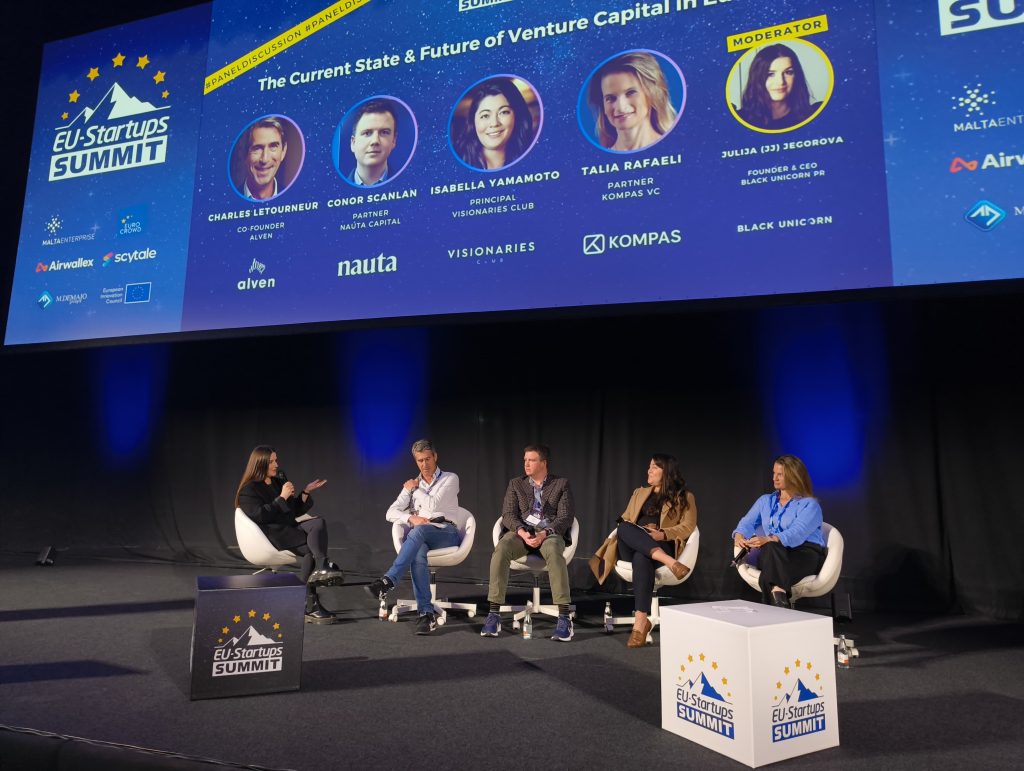
Europe’s venture capital season is about to reignite after the traditional summer lull, and signs point toward a busy final stretch of the year. If current momentum holds, the continent could be on track to welcome dozens of new unicorns before 2026. While the breakneck pace of mega-rounds from 2021 has cooled, Europe’s startup ecosystem has shown resilience. In just the first half of 2025, 12 companies secured funding that pushed their valuations beyond the $1 billion threshold, earning them unicorn status.
Naturally, the usual disclaimer applies: past performance is no guarantee of future outcomes. Still, the first-half surge sets an optimistic tone. It also offers a snapshot of the sectors that investors are most eager to back. Biotech startups are attracting record attention as healthcare innovation accelerates, while defense tech is experiencing a revival amid rising geopolitical tensions and government-backed funding. And then there’s artificial intelligence, which continues to dominate nearly every investor conversation. AI isn’t just hot—it’s reshaping how capital is being allocated, spawning a wave of startups building tools, infrastructure, and industry-specific applications.
This concentration of capital around a few key verticals suggests that Europe is maturing into a powerhouse for deep tech innovation. Beyond valuation milestones, it’s also about how these startups are positioning themselves globally. From quantum computing pioneers in Finland to design-focused AI platforms in the Netherlands, the new wave of unicorns reflects both Europe’s diversity and its growing ambition to compete head-to-head with Silicon Valley and Asia.
With investor confidence returning and sectors like biotech, defense, and AI leading the charge, the second half of 2025 could prove to be a defining chapter in Europe’s startup story—cementing its role as a critical hub in the global innovation economy.




